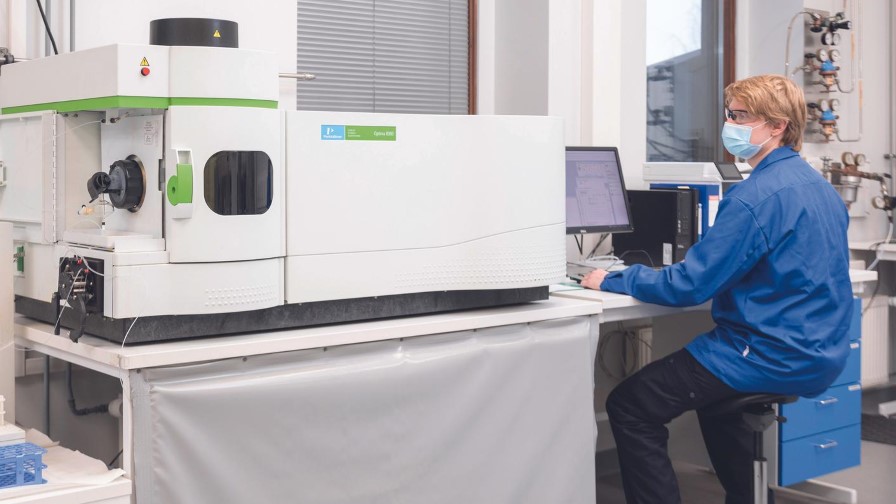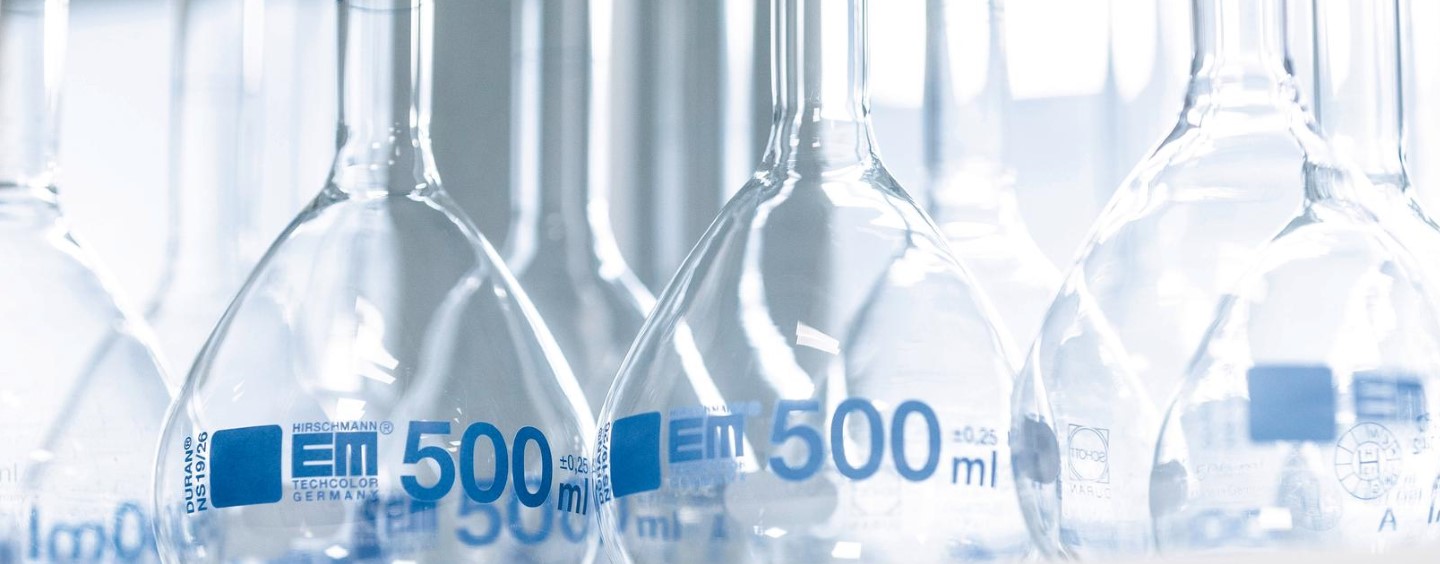Science is the artform behind our recycling expertise
One of Kuusakoski’s key competitive advantages is our own research and development, which ensures high-quality recycled raw materials and the efficient recovery of materials. An essential part of our R&D organisation is the Kuusakoski Research Centre established in 2014 in connection with Ekopark Lahti.
We take more than 900 samples of recycled materials each year, from which thousands of analyses are performed at our research centre. Most samples are from Kuusakoski’s own operations, but services are also offered to our cooperation partners. In addition to analytics, the experts at the Kuusakoski Research Centre perform sampling and provide related advice.
CALORIMETER IN FREQUENT USE
Although it performs thousands of individual analyses each year, but the laboratory focuses primarily on metal and fuel analysis. The most widely used research method is ICP-OES (Inductively Coupled Plasma – Optical Emission Spectrometry), which is used to determine the metal composition of materials. In addition, fuel analysis techniques are an important part of day-to-day activities at the laboratory. One of the most important research methods is the calorific value determination of solid recovered fuel, for which a semi-automatic LECO AC600 calorimeter is used. The calorific value describes the amount of thermal energy released from the fuel during complete combustion. To determine the calorific value, a sample pellet of about one gram of pressurised oxygen is burned in a combustion vessel, and the temperature change of the water added to the combustion vessel during combustion is monitored. It takes around 10 minutes to measure one sample.
YEARS OF KNOW-HOW BACKED UP BY THE NEWEST TECHNOLOGY
Preparing samples involves various processing and handling methods, such as crushing, dividing, screening, melting and grinding, that are used to prepare the test materials for laboratory analysis. The laboratory has over a dozen pieces of high-tech equipment, and one of the highlights of 2021 was the purchase of a new LECO CHN828 elemental analyser. This can be used to analyse the total carbon, hydrogen and nitrogen content of solid recovered fuels. The device’s fully automated analysis process makes it possible to analyse a single sample in just 3 to 5 minutes.
Customers can count on receiving high-quality service and impartial, reliable research results
ACCREDITATION FOR FUEL TESTING
In spring 2021, a two-year application process was successfully completed when the laboratory at the Kuusakoski Research Centre was granted accreditation for fuel testing. The accreditation decision was received on 9 March 2021, when the Research Centre officially became testing laboratory T353 as accredited by the Finnish Accreditation Service FINAS. Accordingly, the laboratory meets the requirements of the standard SFS-EN ISO / IEC 17025: 2017 regarding fuel testing. The accreditation means that customers, authorities and other actors in the field can count on receiving high-quality service and impartial, reliable research results from the Kuusakoski Research Centre. The accreditation is valid for four years at a time, and FINAS conducts an annual assessment visit to the laboratory to review its technical operations and management system.
For more information, watch a video about our Research Centre.

The workhorse of the laboratory is ICP-OES, which is used to determine the metal composition of materials. The results can be used to determine the prices of precious metal materials.




